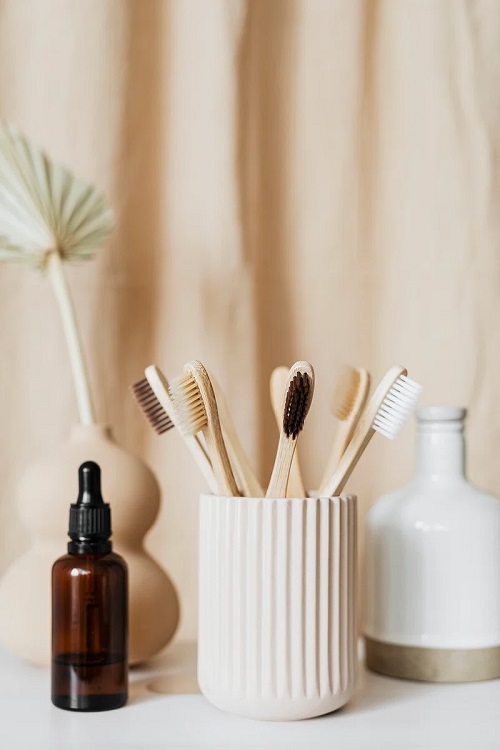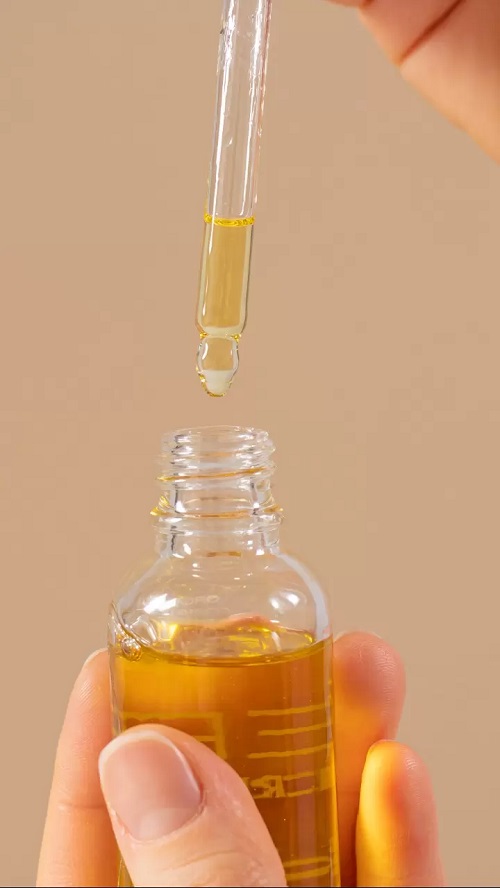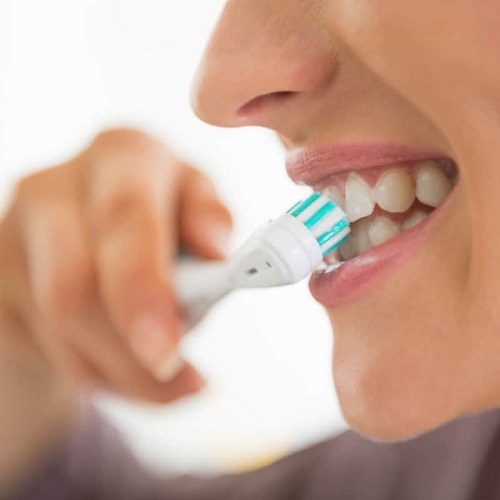Can You Brush Your Teeth with Castor Oil? Or is this remedy a big no for your dental hygiene? Let’s learn below!
Dental care is an important aspect of healthy living, and resorting to natural remedies can be an effective, gentle alternative to traditional products. So, Can You Brush Your Teeth with Castor Oil? Well, it might sound a bit off-track, but there’s some solid science behind it!
Can You Use Castor Oil For Teeth and Gum? Time to Find Out!
Can You Brush Your Teeth with Castor Oil?
Yes, you can brush your teeth with castor oil.
In fact, this unconventional choice has shown some promising results in oral hygiene. A study found that castor bean-based solutions are effective in cleaning denture biofilm. However, it is more focused on dentures, not natural teeth.
Despite its benefits in oral hygiene, castor oil is not a substitute for the all-around benefits of regular toothpaste, which is specially formulated to clean teeth, fortify enamel, and prevent cavities. Rather, it can be an interesting adjunct to your regular routine.
You can use castor oil as a pre-brush rinse or even try your hand at a homemade toothpaste recipe, mixing it with other natural ingredients that can take care of your overall dental health.
But, there is a catch—castor oil has some potent laxative properties, so it’s important to be cautious of ingesting it while using it for dental purposes. As with any dental care experiment, it’s always wise to chat with your dentist first. This way, you can ensure it’s a safe and effective choice for you.
Caution: Before trying castor oil for brushing, check for allergies. If you have dental concerns or are pregnant, consult your dentist or healthcare provider. Not recommended for kids under 10 without professional advice.
Benefits of Brushing Teeth with Castor Oil
If you want to try using castor oil for brushing your teeth, here are the benefits you can expect:
1. Clears Microbial Growth in the Mouth
Castor oil contains ricinoleic acid, which has antimicrobial properties. This means it can help in reducing the bacteria in the mouth that cause tooth decay and gum disease. While it’s no substitute for fluoride toothpaste, it could be a beneficial addition to your oral hygiene routine, especially for its bacteria-fighting capabilities.
2. Reduces Inflammation
If you have sensitive gums or inflammation, castor oil might be a soothing agent. It’s been known to help reduce swelling and soothe irritated areas in the mouth, making your brushing experience a bit more comfortable.
3. Safe and Natural Alternative
For those who prefer using natural products, castor oil is a great fit. It’s free from synthetic chemicals and additives found in some commercial toothpaste, which can be appealing if you’re trying to keep things organic and minimalistic in your bathroom.
4. Moisturizes the Mouth
Unlike some toothpastes that can be drying, castor oil has natural moisturizing properties. This can be particularly beneficial if you suffer from a dry mouth. It helps in keeping your oral mucosa moist and comfortable.
How to Use Castor Oil for Brushing Your Teeth?
Brushing teeth with castor oil is a natural twist to your oral hygiene routine. Start with selecting cold-pressed, organic castor oil for its retained natural benefits. You don’t need much; just a few drops will do, as too much can alter the taste. Apply the oil directly onto your toothbrush, and then brush as you normally would, ensuring you cover all areas of your teeth and gums. After brushing, spit out the oil and rinse your mouth with water.
This simple, natural method is a great way to incorporate a chemical-free product into your dental care, offering a unique alternative to traditional toothpaste while maintaining your usual brushing technique.
Remember, it might taste a bit different at first, but you’ll get used to it over time. Give it a try and see how it works for you!
Precautions to Be Taken
If you wish to try this remedy, there are a few precautions you must keep in mind:
- Ensure you’re using the right kind of castor oil. Cold-pressed and organic options are best, as they retain more of the natural goodness.
- Be careful of accidental ingestion of castor oil, as that might mess up your digestive system.
- A little goes a long way. Use just a few drops on your toothbrush; using too much might not taste pleasant.
- If you have existing dental conditions or concerns, it’s a good idea to check with your dentist before making castor oil a regular part of your oral care routine.
- Castor oil has a distinct taste. While some people get used to it, be aware that it might be different from your regular toothpaste.
- Keep your castor oil in a cool, dark place that helps maintain its quality over time. Here are some tips for proper storage.




